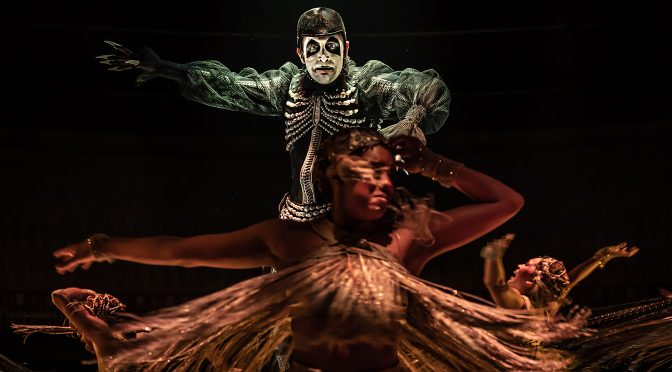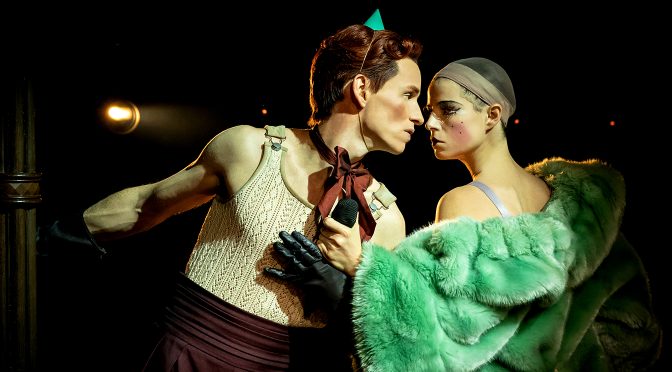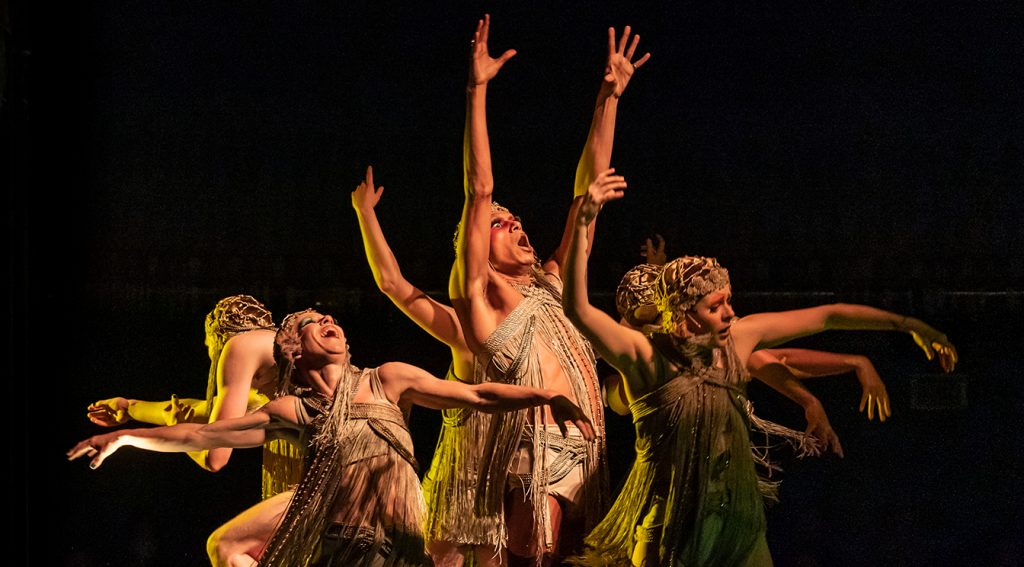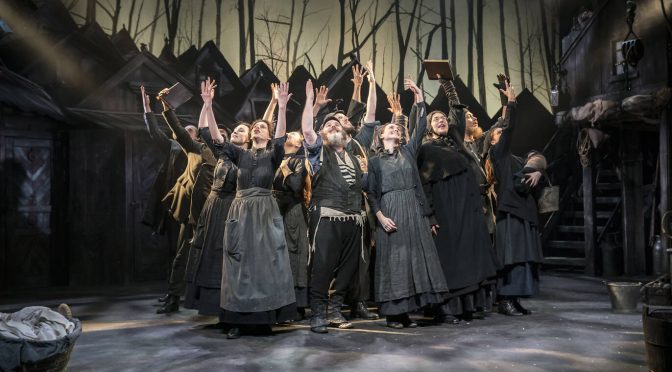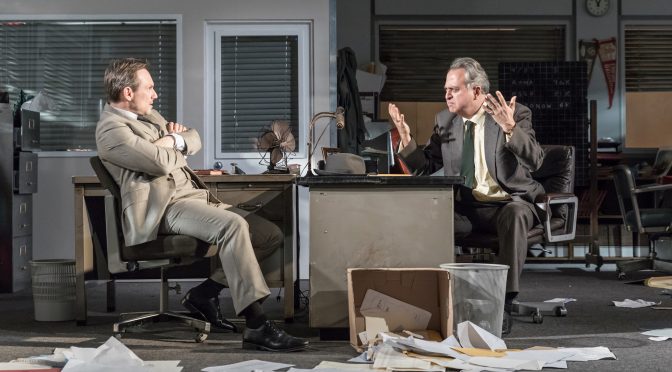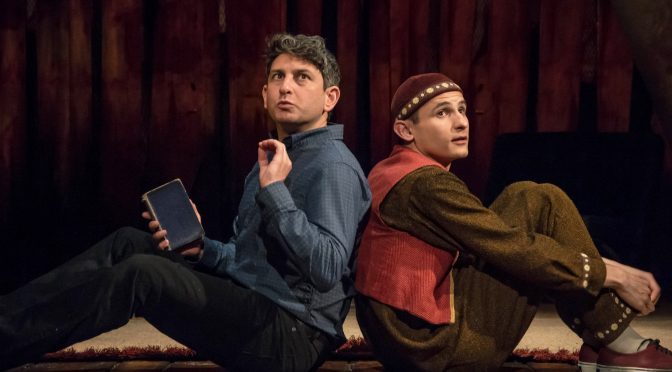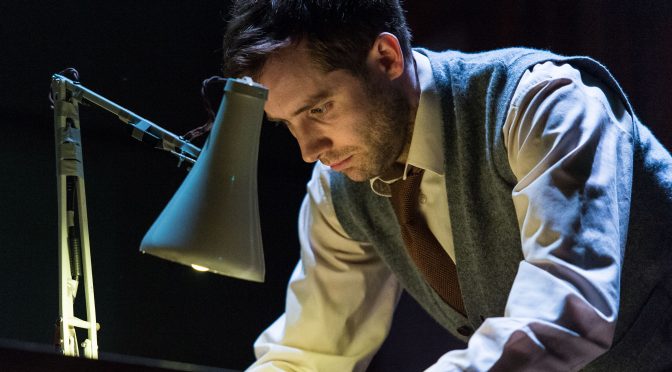Still a hot – and pricey – ticket since opening last December, Rebecca Frecknall’s production of John Kander and Fred Ebb’s musical is now on its third set of leading performers. And it has seven Olivier Awards to boast about. There’s a special thrill about seeing a hit – and a sense of success fills the air of the refurbished Playhouse Theatre. This one’s getting better and better.
As for the awards, Frecknall is a deserving recipient for directing such a bold show. But I’m a little surprised choreographer Julia Cheng didn’t get an accolade: her work adds tremendous interest and, with the ensemble at work before the show and during the interval, is a big part of making the evening special. Likewise, the design from Tom Scutt, whose set makes the interior lush while the costumes aid the performers, could easily have picked up a trophy.
It was the performers who gained most of the gongs, so a change of cast could be tricky for the production. But never fear. Taking the roles of Emcee and Sally Bowles are exciting young stars Callum Scott Howells and Madeline Brewer. Sid Sagar brings plenty of intensity to Clifford Bradshaw, while Vivien Parry and Richard Katz play the story’s older romance with sweet and melancholic touches.
Just as important as the famous characters, the whole ensemble have the confidence to support the leads and shine in their own right. There are a lot of eye-catching moves and humour from the Kit Kat Club’s performers. Everyone is given a moment in the spotlight and grabs it, but they work together wonderfully, particularly bringing Cheng’s dance – both gritty and otherworldly – to life.
The show has grown in humour. This was my only reservation from an initial visit. There’s more fun at the start. The number, Two Ladies, is a lot ruder! And there’s a looseness to the performances that works well. Scott Howells seems particularly relaxed and his Emcee is really enjoying himself. It’s not just a question of more fun for all. Less tension at first makes the drama to come more powerful. Cabaret was great to begin with and has now found its feet to becomes something even more special.
Photos by Marc Brenner

